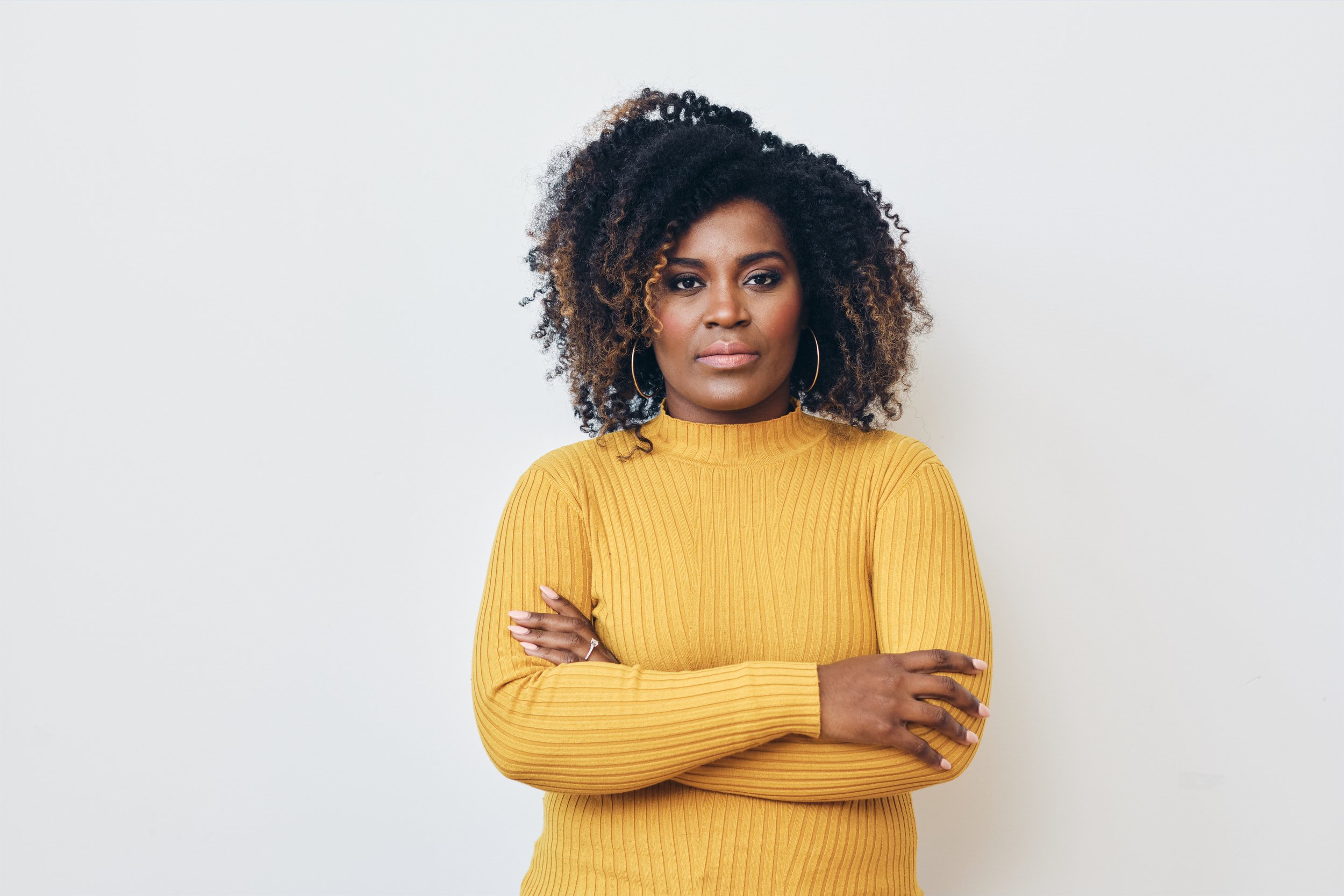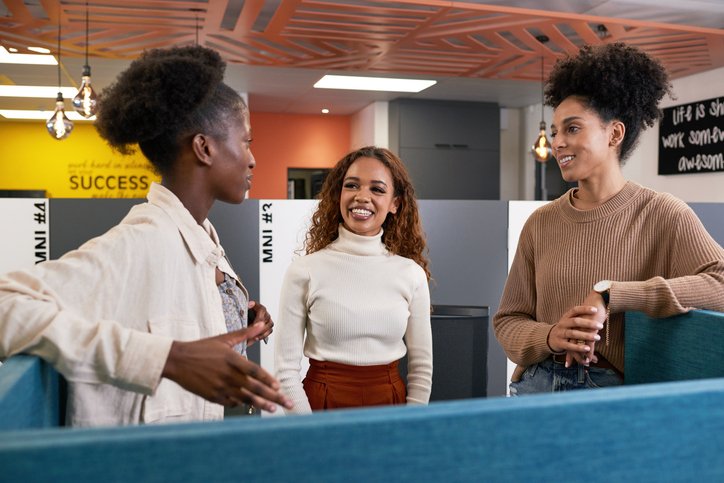Political change is crashing through the nation, bringing profound shifts in our government and culture. For many, this moment sparks fear, anxiety, and even a sense of isolation. In uncertain times when the ground beneath us feels unsteady and the future seems unclear, it’s easy to feel as though there is no recourse. But history reminds us that we are not alone in struggle, and that we have the strength to overcome, take root, and bloom.
Surveys from last year revealed that the U.S. presidential election and the nation’s future were significant sources of stress for many Americans. Today, I’m hearing from some clients that the tumultuous start of this new presidential administration has only intensified their anxiety. This includes profound fears and worries about the potential consequences of swift, unilateral actions that appear aimed at undoing generations of civil rights progress.
In every era, Black women have stood at the forefront of battles for justice, equality, and human dignity. Our ancestors and elders, from the courageous women of the Civil Rights Movement to the everyday heroes of today, teach us what it means to persevere in the face of unimaginable odds. The times may have changed, but the fight for our rights, our humanity, and our future continues.
As we mount a collective response to this crisis of the nation’s conscience, it’s critical that we be attuned to our bodies and minds to ensure that we will live to fight each day. How do we build the fortitude necessary to carry on? How do we deepen the well of strength from which we draw? Progress is not just about pushing forward—it’s about nourishing your spirit, fortifying your foundation, and creating a life that equips you to resist, persist, and thrive. As Angela Davis describes in this video, practicing Radical Self-care “means being able to bring our entire selves to the movement.”
Here are six ways to cultivate fortitude and harvest resolve in turbulent times:
1. Sanctify Your Home
Make your home an oasis of peace where you feel safe and affirmed. Surround yourself with items that reflect your culture and history. Consider vibrant African textiles, portraits of family, elders and ancestors, and other images that honor the beauty of Blackness. When you enter your home, it should feel like stepping into a sacred and welcoming place.
2. Center Yourself
Rosa Parks, the fierce force behind the Montgomery Bus Boycott, was a yogi. Her practice of yoga helped her find calm and clarity amidst chaos. Prayer and meditation, yoga, breath work, and other grounding practices can center your mind and body and nourish your spirit, helping to reduce stress and anxiety. These practices also connect us to a lineage of Black women who have used inner peace as a tool of resistance.
3. Move Your Body
Movement is medicine. Whether it’s dancing to your favorite playlist, taking a walk, or just taking the stairs, physical activity can counteract the effects of stress, anxiety, and depression. Exercise boosts endorphins, sharpens your focus, and taps into the power you hold within your body.
4. Get Creative.
In 2004, as she reeled from the re-election of George W. Bush, the wise word warrior Toni Morrison quoted a friend who challenged her to start writing: “This is precisely the time when artists go to work—not when everything is fine, but in times of dread,” Morrison recounted in The Nation. Make time to write, draw, paint, curate a playlist, see a play, visit a museum, or find some other way to engage in or with creative expression. Doing so may help you explore and express what you may not be ready or able to say directly.
5. Get Rest
We often feel the weight of the world on our shoulders, but we cannot fight effectively without rest. The Nap Ministry, a movement founded by Tricia Hersey, reminds us that rest is resistance. Rest allows us to heal and to dream of new possibilities. By prioritizing sleep, naps, and unstructured downtime, we honor our bodies and spirits. Remember, rest is self-preservation.
6. Find Your Community
Fortitude flourishes when individuals come together. Black women have always looked to one another—whether in houses of worship, salons, or social justice circles—to strategize, support, and strengthen our collective determination. Find like-minded people who understand your struggles and your triumphs. Win With Black Women and Higher Heights for America are among the many politically oriented groups supporting the engagement and advancement of Black women. Together, you can create strategies to support not only yourself but also your community.
An Invitation to Deepen Your Well of Resolve
I invite you to grab your journal and take 5 minutes to write and reflect. Listen to and consider the lyrics of Sweet Honey in the Rock’s song, “I’m Gon’ Stand:”
We shall not bow down to racism
We shall not bow down to injustice
We shall not bow down to exploitation
Whatchya gonna do?
I’m gon’ stand!
I’m gon’ stand!
I’m gon’ stand!
I’m gon’ stand!
I just can’t tolerate racism
I just can’t tolerate injustice
I just won’t tolerate exploitation
Whatcha gonna do?
I’m Gon’ Stand!
I’m Gon’ Stand!
I’m Gon’ Stand!
I’m Gon’ Stand!
We will not obey racism
We will not obey injustice
We will not obey exploitation
I’m Gon’ Stand!
I’m Gon’ Stand!
I’m Gon’ Stand!
I’m Gon’ Stand!
Write about how these words resonate with you. Consider what it means to stand in today’s world? Write freely, with no concern about grammar, spelling or prying eyes.
When you’re done, read what you wrote and consider what thoughts and feelings your words bring up. Then take a few more minutes to write about how your own words inspire you to strengthen your resolve and nurture your fortitude for the battles ahead.



